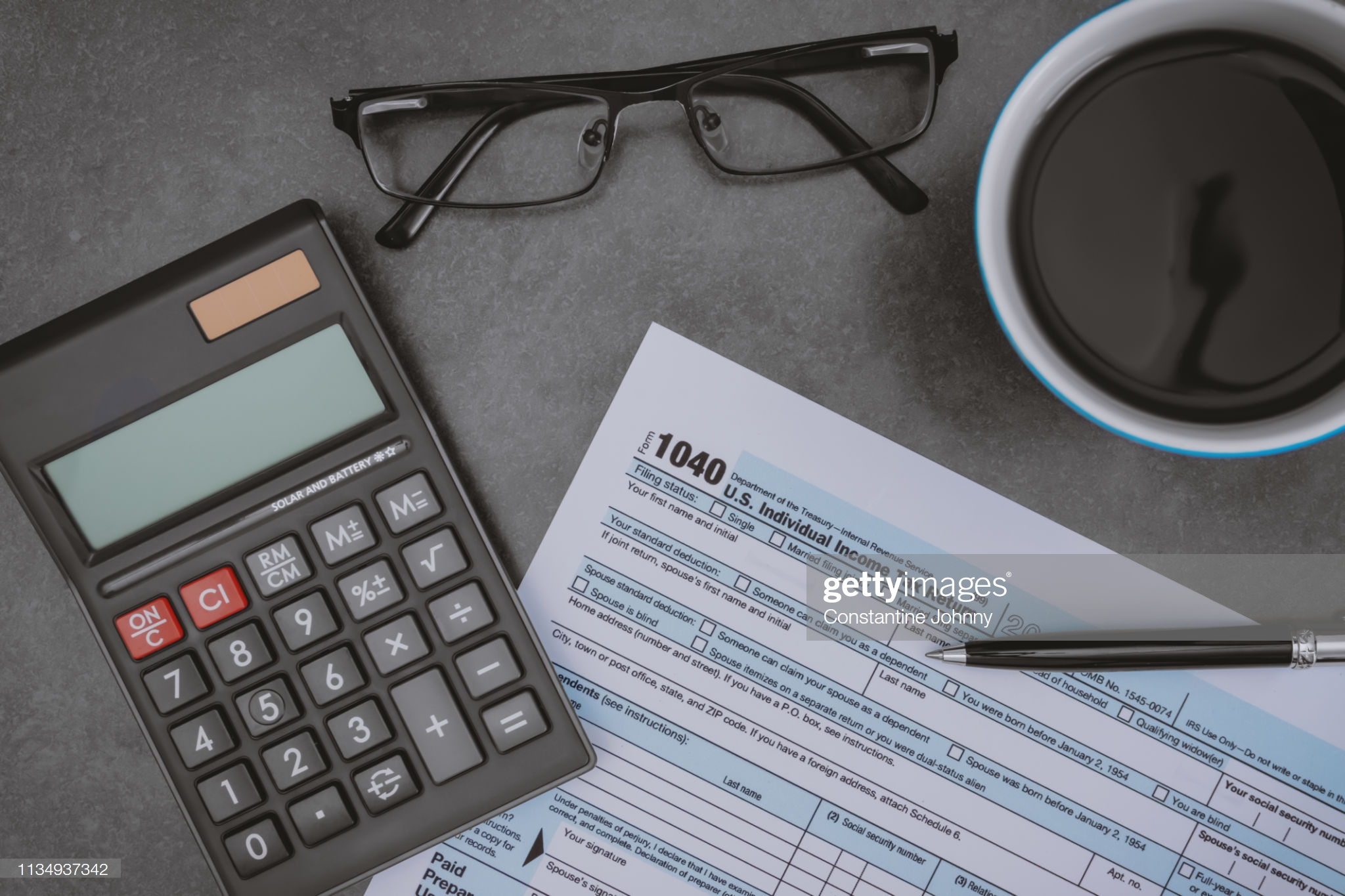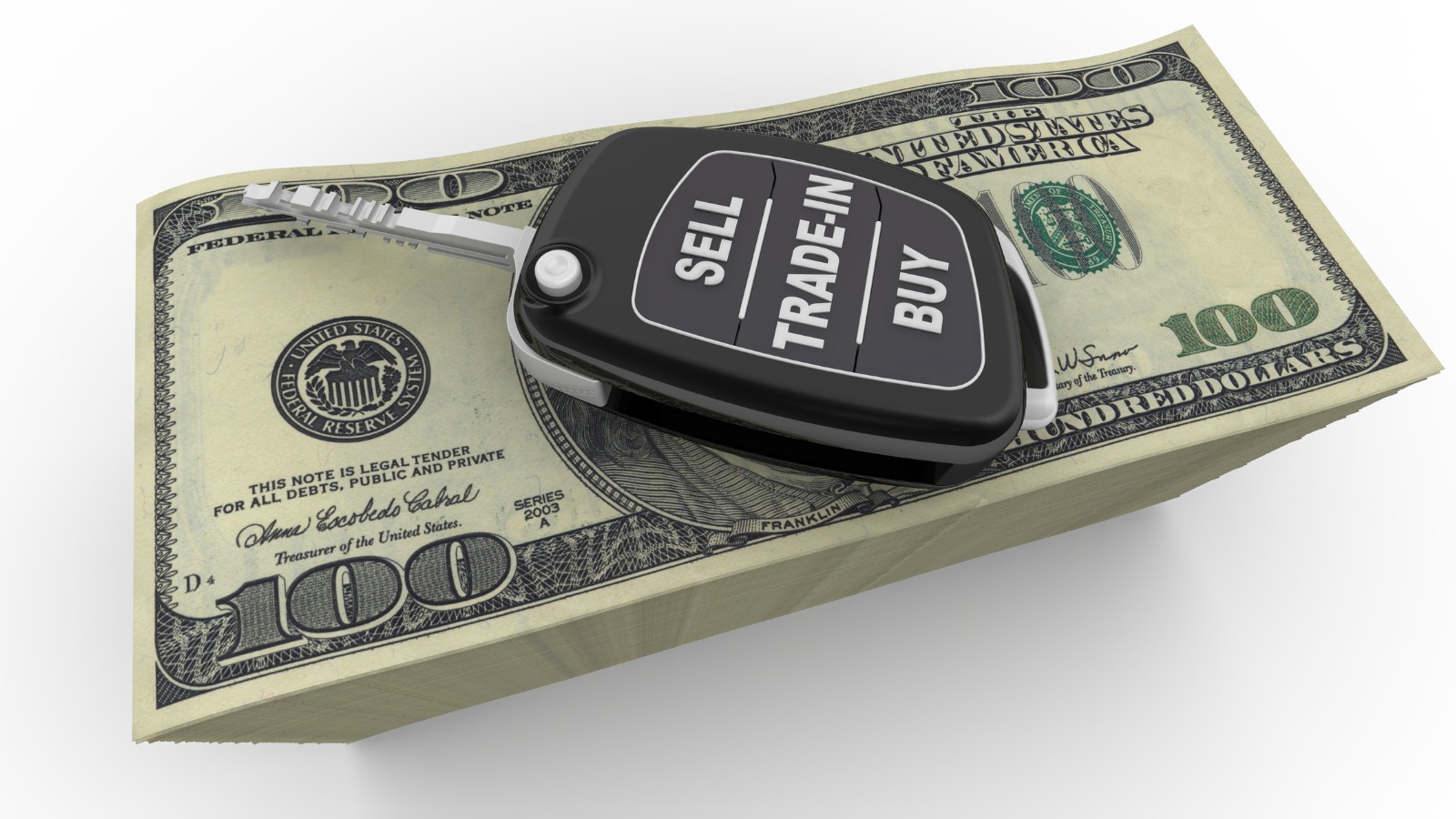There are several sensible reasons to consider refinancing a car loan. Among them are lowering the monthly payment, shortening the loan terms, and reducing the interest rate. Read our tips to learn if refinancing your car loan is the best choice for you.
- Refinancing a Car Loan: Is It Possible?
- How Do You Refinance a Car Loan?
- 5 Pro Tips
- Our Take: Final Thoughts
Refinancing a Car Loan: Is It Possible?
Yes, you can refinance a car loan. Many lenders will consider refinancing your loan even if your financial situation is unchanged since you originally financed your car. However, according to Bankrate.com, many lenders want to see about six months of on-time payment history before refinancing, while others will consider a refi sooner. There is no legal waiting period, and policies vary by lender. Okay, we’ve established you can refinance, leaving the question: should you? It’s a legitimate question because of the current high refinancing interest rates for car loans, even for those with sterling credit. However, it’s debatable if it’s the best time to do so. Read on to learn more.
How Do You Refinance a Car Loan?
Like refinancing a home mortgage, refinancing a car loan is like taking out a new loan on a vehicle you currently have financed. Often, the new loan will be from a new lender. Moreover, the new loan will come with new terms for the length of the loan and a different interest rate. The application process is the same as it was when securing the original financing. Depending on the lender, an owner may or may not need a car appraisal. Many lenders will use a source like Kelley Blue Book to establish a vehicle’s current value. The lender may also charge some loan origination fees.
Eligibility often depends on the vehicle, too. For example, many lenders limit refinancing to cars within the previous 10 model years, less than 100,000 miles, and with a loan-to-value typically below 125%. For a deeper dive into how to refinance a car loan, check out our Refinancing a Car: Pros and Cons.
Why Refinance a Car Loan?
- Lower interest rate: The top reason for refinancing a car loan is to lower your interest rate substantially. This is particularly true for borrowers who have faithfully made on-time monthly payments on the current loan and/or have had a big boost in their credit score. The difference between 7% and 5% rates can save you hundreds of dollars over four or five years.
- Lower monthly payments: If a borrower’s monthly budget is stretched to the max, refinancing might free up some cash each month through lower interest rates and/or longer monthly terms.
- Longer or shorter terms: Stretching out a car loan for a longer period can reduce the monthly payments, even if the interest rate remains the same. All things being equal, a loan of longer length will free up extra cash each month over the life of the new loan. However, the longer the loan term, the greater the total interest paid. On the other hand, refinancing can reduce the loan’s length when the goal is to pay it off sooner.
RELATED: Bad Credit Car Loans: Everything You Need To Know
When To Avoid Refinancing a Car Loan
- Higher interest rate: When a higher interest rate offsets any advantages of refinancing because of rising rates or the borrower’s substantially lower credit score, it may not make sense to refinance.
- Upside down in the current loan: If the vehicle to be refinanced has a book value less than the outstanding balance on the existing loan, it’s considered upside down or underwater. In such cases, the lender will either require an upfront payment (down payment) to cover the difference or fold the difference into the new loan. Again, the borrower must carefully consider whether refinancing will provide any benefit.
- Credit score ding: Applying for a refinancing loan may initiate a “hard” credit check by the lender or lenders. Such hard checks are reported to national credit bureaus such as Experian and will probably temporarily lower a borrower’s credit score. The drop in the credit score usually isn’t a lot; however, it may affect a borrower’s ability to secure a mortgage, credit card, or other loan for six months or longer.
MORE: Is Now the Time to Buy, Sell, or Trade in a Car?
Savings from 1% APR Decrease
This table shows potential savings from a 1% APR Reduction on a $40,000 auto loan where the term stays the same and no fees are added.
|
Term (mo) |
Payment at 7.00% |
Payment at 6.00% |
Monthly savings |
Total interest 7.00% |
Total interest 6.00% |
Interest savings |
| 36 | $1,235.08 | $1,216.88 | $18.21 | $4,463.02 | $3,807.59 | $655.43 |
| 48 | $957.85 | $939.40 | $18.45 | $5,976.79 | $5,091.26 | $885.53 |
| 60 | $792.05 | $773.31 | $18.74 | $7,522.88 | $6,398.72 | $1,124.16 |
| 72 | $681.96 | $662.92 | $19.04 | $9,101.14 | $7,729.92 | $1,371.22 |
5 Pro Tips for Refinancing Your Vehicle Loan
- Know your car’s value: Before mapping out where you are going, you must know where you are. Therefore, before launching on the quest to refinance your car, you need to know its current market value. That is, what it is worth. Kelley Blue Book can pinpoint your car’s current market value with our valuation tool.
- Interest rates may be dropping: The Federal Reserve cut its benchmark interest rate at its September meeting, and has pencilled in two more rate cuts in 2025. The Fed controls the interest rate on overnight loans between banks and can buy and sell Treasury securities. The Fed’s funds rate influences how banks issue every other kind of credit, including mortgages, car loans, and credit cards. It may take months for consumers looking for lower auto loan rates to see any meaningful change.
- Don’t dig a deeper hole: Avoid refinancing if the long-term effects will harm, rather than improve, your financial health. For example, if you currently have some equity in your car (you owe less than the car’s market value), you probably shouldn’t refinance if doing so leaves you upside down (you owe more than the car’s current value).
- Shop around for the best rate: Some lenders charge less for using their money than others. Moreover, different lenders will evaluate the loan risk you pose differently. Either or both of these factors mean the interest rate for which you qualify can vary by lender. Consequently, shopping for auto loans makes sense. When you apply with multiple lenders within a short “rate-shopping” window, those auto-loan inquiries count as a single hard inquiry on your credit report.
- Beware of extra charges and fees: The interest rate is the cost of the money borrowed; however, there may be other costs associated with refinancing. These are primarily administrative in nature, such as an application fee, title transfer fee, and so forth. Your current loan could even have a penalty for paying it off early. These added costs can add up and should be weighed against any savings refinancing might provide.
MORE: Can I Buy a Car With Poor Credit History?
Our Take: Final Thoughts
For borrowers with a good credit history and a solid credit score, refinancing an auto loan makes sense if it achieves a specific goal. For example, getting a lower interest rate, reducing monthly payments, or creating a situation where the loan can be paid in full sooner are all sensible reasons for refinancing. However, due to the moving parts in any refinancing deal, we urge you to take the time to do the math to determine if refinancing a car loan will achieve your intended goal.
Editor’s Note: This article has been updated since its initial publication.








